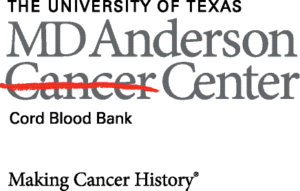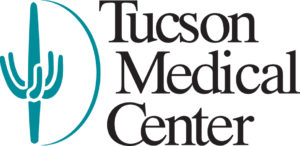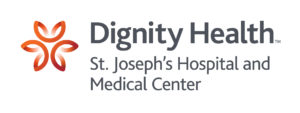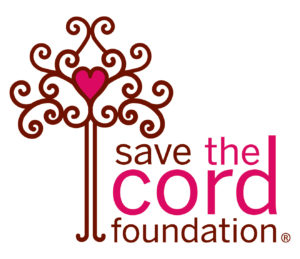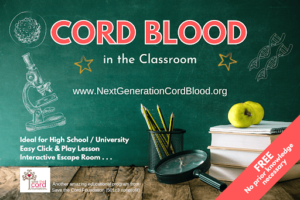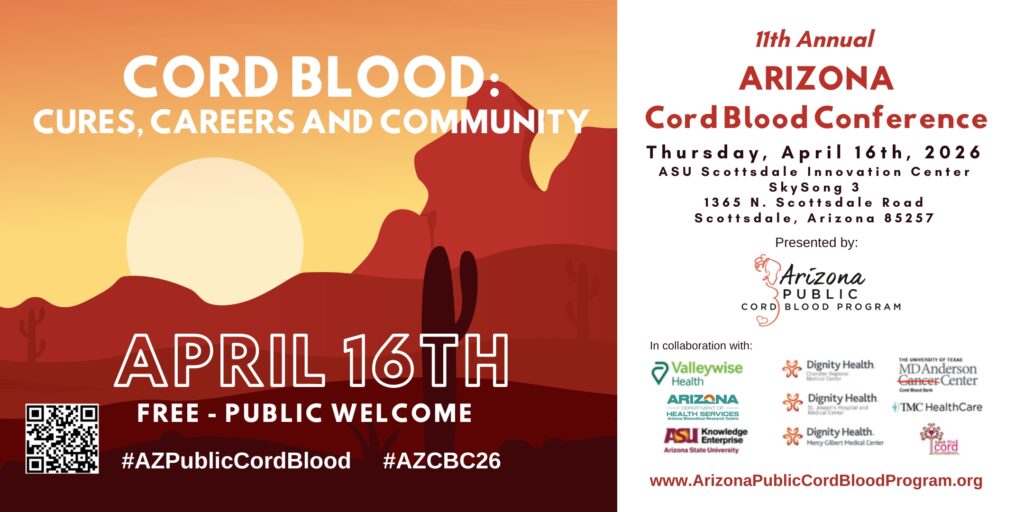
2026 SPEAKERS
Dr. Filippo Milano
Arthur Evenson
Katherine Fullerton
.
Shandre Niameogo, BSN, MSN, MPH
Sarah Mahan
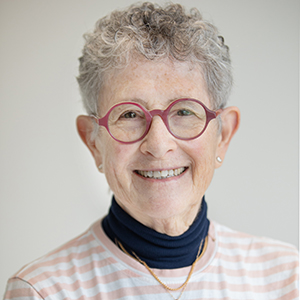
Dr. Joanne Kurtzberg
Dr. Kurtzberg is an internationally renowned expert in pediatric hematology/oncology, pediatric blood and marrow transplantation, umbilical cord blood banking and transplantation, and novel applications of cord blood and birthing tissues in the emerging fields of cellular therapies and regenerative medicine. Dr. Kurtzberg serves as the Director of the Marcus Center for Cellular Cures (MC3), Director of the Pediatric Transplant and Cellular Therapy Program, Director of the Carolinas Cord Blood Bank, and Co-Director of the Stem Cell Transplant Laboratory at Duke University. The Carolinas Cord Blood Bank is an FDA licensed public cord blood bank distributing unrelated cord blood units for donors for hematopoietic stem cell transplantation (HSCT) through the CW Bill Young Cell Transplantation Program. The Robertson GMP Cell Manufacturing Laboratory supports manufacturing of RETHYMIC (BLA, Enzyvant, 2021), allogeneic cord tissue derived and bone marrow derived mesenchymal stromal cells (MSCs), and DUOC, a microglial/macrophage cell derived from cord blood. Dr. Kurtzberg’s research in MC3 focuses on translational studies from bench to bedside, seeking to develop transformative clinical therapies using cells, tissues, molecules, genes, and biomaterials to treat diseases and injuries that currently lack effective treatments. Recent areas of investigation in MC3 include clinical trials investigating the safety and efficacy of autologous and allogeneic cord blood in children with neonatal brain injury – hypoxic ischemic encephalopathy (HIE), cerebral palsy (CP), and autism. Clinical trials testing allogeneic cord blood are also being conducted in adults with acute ischemic stroke. Clinical trials optimizing manufacturing and testing the safety and efficacy of cord tissue MSCs in children with autism, CP and HIE and adults with COVID-lung disease are underway. DUOC, given intrathecally, is under study in children with leukodystrophies and adults with primary progressive multiple sclerosis. In the past, Dr. Kurtzberg has developed novel chemotherapeutic drugs for acute leukemias, assays enumerating ALDH bright cells to predict cord blood unit potency, methods of cord blood expansion, potency assays for targeted cell and tissue based therapies. Dr. Kurtzberg currently holds several INDs for investigational clinical trials from the FDA. She has also trained numerous medical students, residents, clinical and post-doctoral fellows over the course of her career.
Paul Orchard
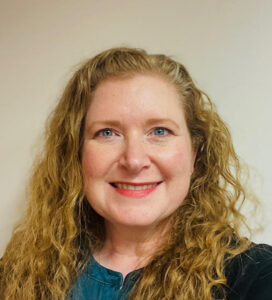
Erin Eaton
With over 25 years of experience in operations management, human resources, strategic planning and business development. Since 202, Erin has served as the Manager for Cord Blood Bank Operations at MD Anderson Cord Blood Bank in Houston, Texas. Ms Eaton has been a key force in expanding the Cord Blood Bank (CBB) at MD Anderson Cancer Center and has been instrumental in the success of strategic partnerships with groups such as the Arizona Public Cord Blood Program. Likewise, she holds a leading role in ensuring that the CBB operations are in accordance with the FDA, HRSA, NMDP, FACT, CAP and CLIA requirements, guidelines, and standards.
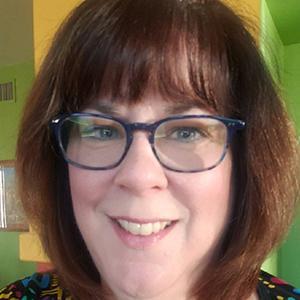
Joan Snelz, MSN-Ed, RNC-OB
Joan Snelz is currently serving as an Assistant Clinical Professor at Northern Arizona University. Previously Joan worked as a Registered Nurse for Banner Health and served in the roles of a nurse coordinator, and as a patient and family educator. Ms. Snelz was responsible for assessing and triaging OB/Gyn patients appropriately based on primary complaint. She provided education regarding labor signs/symptoms, common discomforts of pregnancy, postoperative restrictions or concerns, gynecologic concerns, medication safety, and normal postpartum course. Additionally, she Assessed patients based on standing orders and notify providers as appropriate for any questions or concerns. Joan received her Master of Science in Nursing, specializing in nursing education, from Grand Canyon University. She received a Bachelor of Science degree in Nursing from Indiana University in Indianapolis and a Bachelor of Science in Early Childhood Education and Teaching from Purdue University.
CORD BLOOD TRANSPLANT SURVIVOR
Information will be posted as it becomes available.
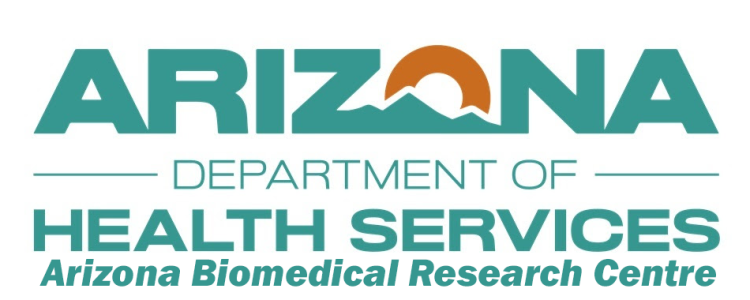
CONFERENCE HOST SPEAKERS
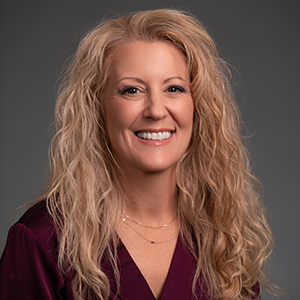
Jennifer Cunico, MC
Jennifer (Jennie) Cunico is the Director of the Arizona Department of Health Services (ADHS). Jennie has been with the agency since 2014. During this time, she has served in multiple leadership roles, including Deputy Director for Public Health Planning and Operations, where she oversaw policy development, hiring professional and support staff, information technology, business intelligence, data management, workforce and professional development, community engagement and the department’s budget. Prior to joining ADHS in 2014, Jennie worked in the private sector overseeing office operations for a successful small business for 15 years. In addition, Jennie worked in Arizona’s behavioral health system at a local non-profit for 10 years. She holds a Bachelor of Science in Psychology from Arizona State University and a Master of Counseling with an emphasis in Marriage and Family Therapy from the University of Phoenix.
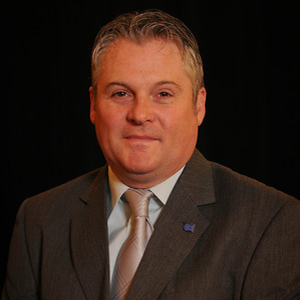
Dr. Victor Waddell
Victor Waddell, Ph.D., is the Director of the Arizona State Public Health Laboratory and Executive Director for the Arizona Biomedical Research Center which includes the Arizona Public Cord Blood Program. Dr. Waddell earned his doctorate in Molecular Biology and Genetics at Queen’s University Belfast, N. Ireland. His other degrees include a Master of Science in Environmental Sciences and a Bachelor of Science in Biological Sciences also from Queen’s University Belfast. He has published many articles relating to both Public Health and Molecular Biology. Dr. Waddell has worked for the Arizona State Public Health Laboratory since 2001, and is responsible for overseeing the entire laboratory including the Chemistry, Microbiology, Newborn Screening, BioEmergency Response, and Chemical Emergency Response Sections at the State Laboratory. Dr. Waddell served as President of the Association of Public Health Laboratories from 2011- 2012 and is currently President of the Clinical Laboratory Standards Institute.
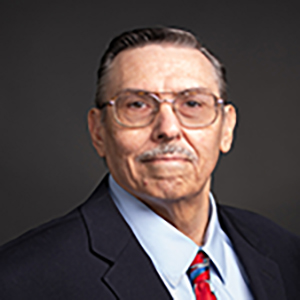
Mr. John Garcia, MBA, CPM
Since 2020, John Garcia has served as the Program Director of the Arizona Biomedical Research Centre (ABRC). Mr. Garcia oversees the distribution of grant funds to biomedical researchers and to Arizona universities to educate their faculty, staff, students, and the public. He also manages the Arizona Public Cord Blood Program. He earned a Master of Business Administration with an emphasis in Information Technology Administration from University of Arizona Global Campus (formerly Ashford University). Mr. Garcia also completed a Bachelor of Arts degree in Management with the University of Phoenix. Additionally, he also received certification as a Public Manager through Arizona State University. His career in public service spans 40 years. John's work includes information technology, grant administration, public policy, budget, finance, and criminal justice administration.
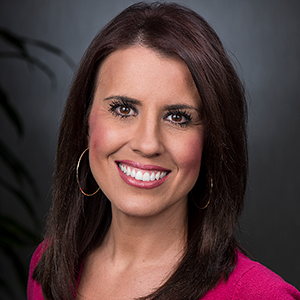
Kimberly Romo, Master of Ceremonies
Kimberly Romo is currently the Director of Business Operations for Marana Health Center Healthcare, also known as MHC Healthcare, where she oversees 17 community health clinics. She is proud to have served on the Save the Cord Foundation board for more than a decade. A native of Tucson, Kimberly spent the first 11 years of her career as a broadcast journalist before transitioning to healthcare in 2012. Since then, she has spent time in the acute, post-acute and behavioral health space where she leveraged her vast experience in communications, media relations, business development and revenue operations to drive companies forward. Helping establish Arizona's first public cord blood donation program at Tucson Medical Center remains one of her proudest professional accomplishments.
ABOUT US
Umbilical cord blood is blood that remains in the blood vessels of the placenta and the umbilical cord, and is collected after the baby is born and the cord has been clamped and cut. Cord blood can be used much the same way that bone marrow stem cells are used for a life-saving transplant. For many patients in need, a cord blood transplant is the best or only hope for a cure. Donating umbilical cord blood is free, painless and neither mother nor child is harmed in the collection. The Arizona Biomedical Research Centre currently funds four collection hospitals, Save the Cord Foundation, and the cord blood bank with lottery revenue to make the program possible.
Today, cord blood can be publically collected, stored, and made available for transplant to children and adults for the treatment of more than 80 life threatening diseases such as certain genetic and metabolic diseases, blood cancers such as leukemia and lymphoma, and sickle cell anemia.
38% of African Americans,
31% of Native Americans,
27% of Hispanics,
12% of Caucasians and
51% of Native Hawaiian or other Pacific Islanders rely on cord blood transplants.
Many people are still unable to find a match.
Adding diverse units of umbilical cord blood to the registry increases the likelihood that all patients will find a match.
have been used in transplants to treat or cure life-threatening diseases and hundreds of cord blood units have been banked and listed on the registry for potential transplantation.
The MD Anderson Cord Blood Bank is licensed by the FDA and accredited by FACT as a public cord blood bank. The bank is managed by immunogeneticists and stem cell transplant physicians who have decades of experience in the field.
Save the Cord Foundation is a 501c3 non profit, which was established to promote awareness of the life-saving benefits of cord blood based on unbiased, factual information. The foundation educates parents, health professionals, students and the general public about the need to preserve this valuable medical resource. The foundation provides information on cord blood research, and both public cord blood donation programs and private family cord blood banks worldwide.
CONTACT US
Feel free to get in touch with us by sending us an e-mail at:
cordbloodInfo@azdhs.gov
PARTNERS
